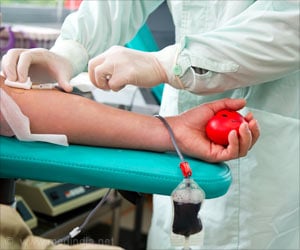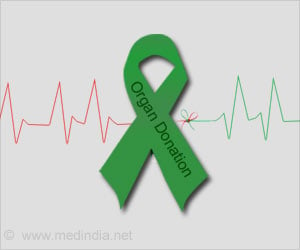In a breakthrough study, researchers in the US have identified all the 1,166 proteins in human saliva, a move which could provide a new tool for diagnosing fatal diseases, such as cancer.
Patients may soon need to just spit into a cup in order to get diagnosed for illnesses such as cancer, heart disease and diabetes, thanks to these researchers.The study, published in the Journal of Proteome Research, believes that saliva test will do away with the trauma of having to draw blood from the patients. It will also make disease diagnosis and treatment monitoring cheaper and less invasive.
"Our work, and the work of our partners, has shown that salivary proteins may represent new tools for tracking disease throughout the body, tools that are potentially easier to monitor in saliva than in blood," added author James Melvin, director of the Center for Oral Biology at the University of Rochester Medical Center.
Saliva, collected from 23 adults of both sexes belonging to different races, was subjected to mass spectrometry, a technique which helped to identify the saliva proteins by measuring their mass and charge.
This research has revealed that about a third of the proteins in saliva were similar to that found in the blood.
Many of them also matched the proteins that played a role in diseases such as Alzheimer’s, Huntington’s and Parkinson’s besides breast cancer, pancreatic cancer and diabetes.
"Researchers have already shown that saliva proteins can be used to detect oral cancer and HIV infection. We think this list will soon expand to include leading causes of death like cancer and heart disease, which, if caught early, are much more likely to be successfully treated," he added.
Dr. REEJA THARU/L








